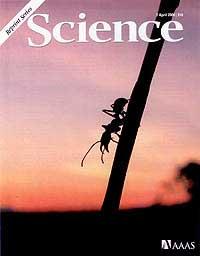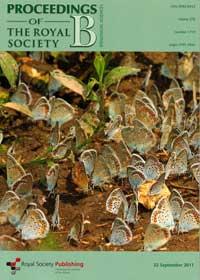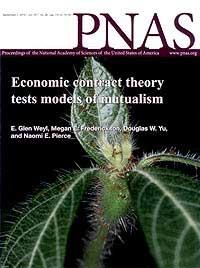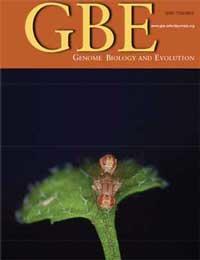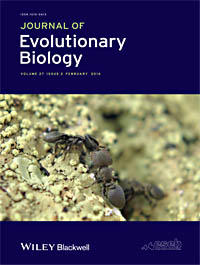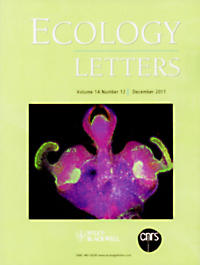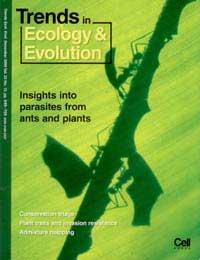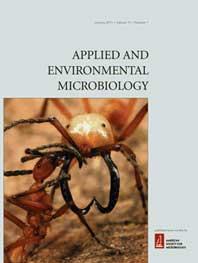Citation:
Abstract:
Although mutualisms are common in all ecological communities and have played key roles in the diversification of life, our current understanding of the evolution of cooperation applies mostly to social behavior within a species. A central question is whether mutualisms persist because hosts have evolved costly punishment of cheaters. Here, we use the economic theory of employment contracts to formulate and distinguish between two mechanisms that have been proposed to prevent cheating in host–symbiont mutualisms, partner fidelity feedback (PFF) and host sanctions (HS). Under PFF, positive feedback between host fitness and symbiont fitness is sufficient to prevent cheating; in contrast, HS posits the necessity of costly punishment to maintain mutualism. A coevolutionary model of mutualism finds that HS are unlikely to evolve de novo, and published data on legume–rhizobia and yucca–moth mutualisms are consistent with PFF and not with HS. Thus, in systems considered to be textbook cases of HS, we find poor support for the theory that hosts have evolved to punish cheating symbionts; instead, we show that even horizontally transmitted mutualisms can be stabilized via PFF. PFF theory may place previously underappreciated constraints on the evolution of mutualism and explain why punishment is far from ubiquitous in nature.

